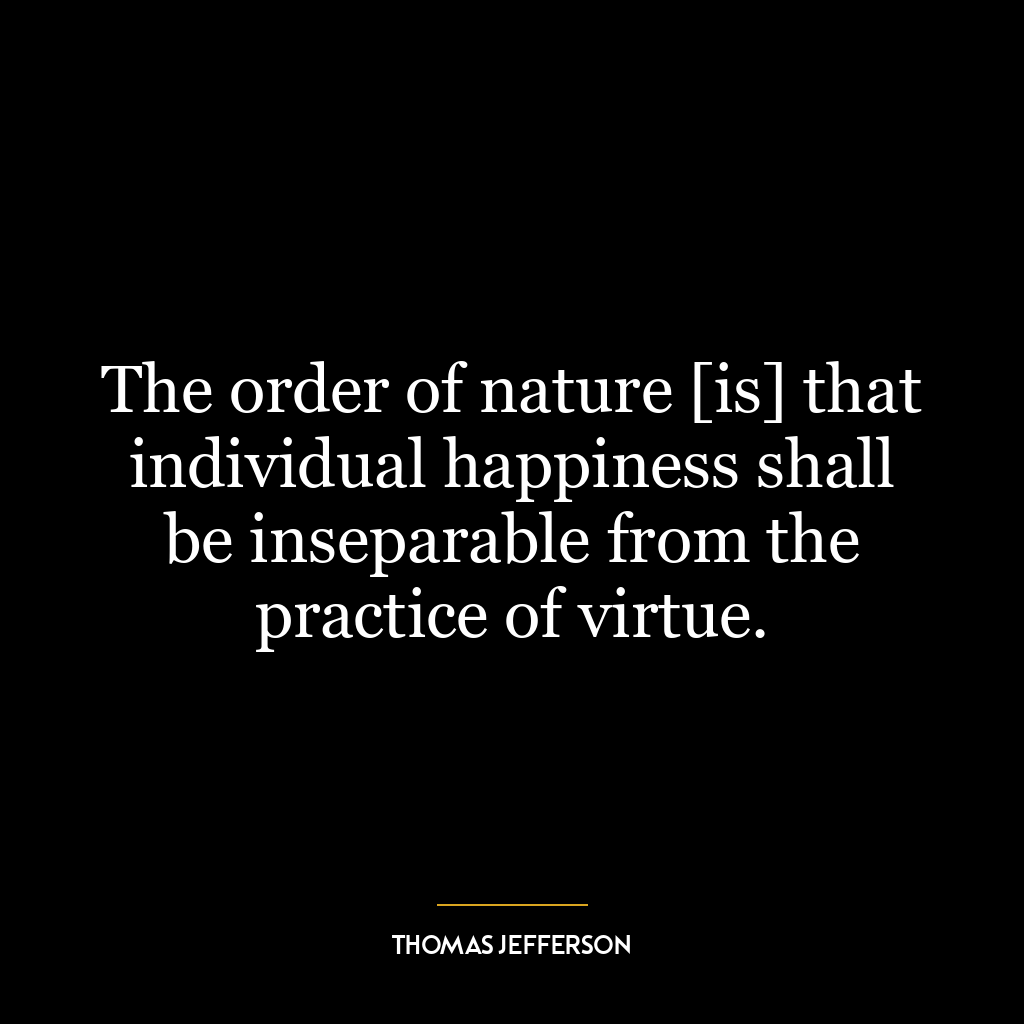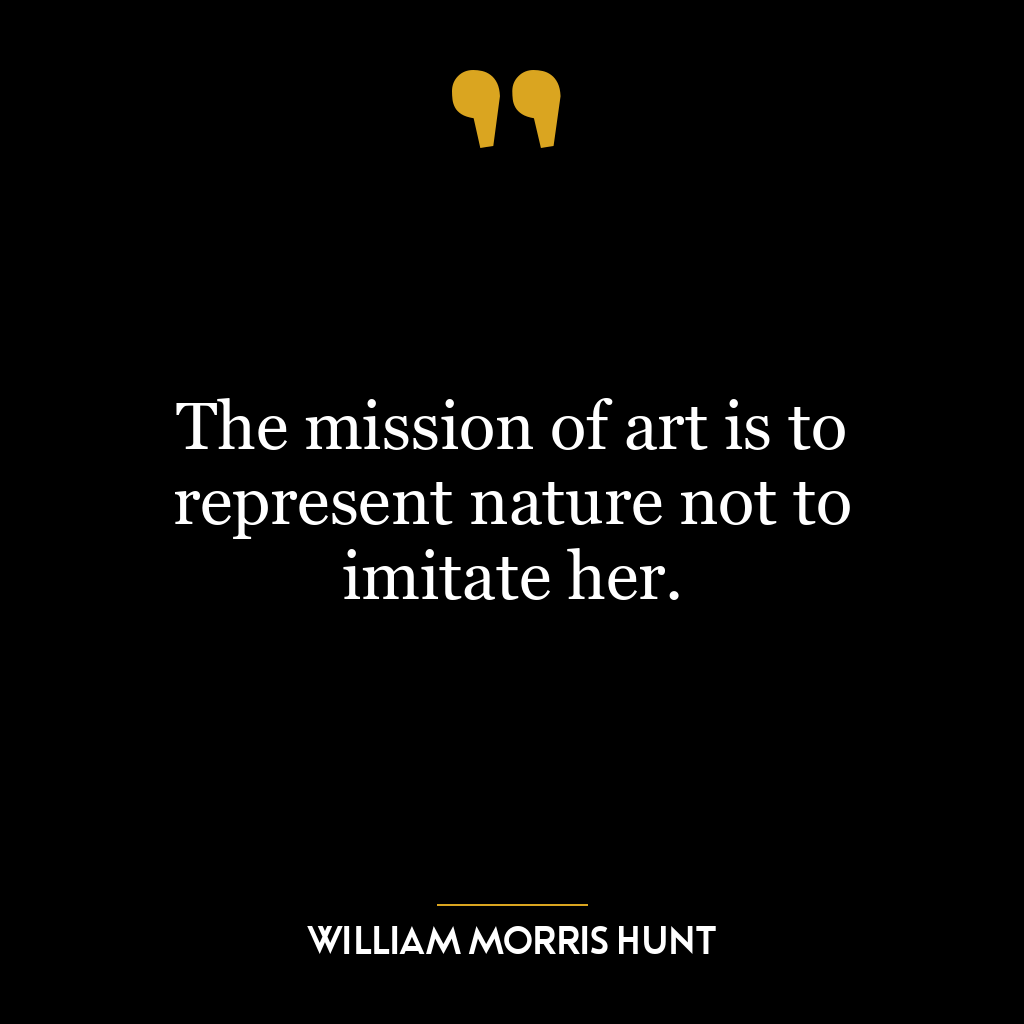This quote suggests that true happiness is inherently linked with virtue, or moral excellence.It implies that one cannot achieve genuine, lasting happiness by acting in ways that are morally wrong or unethical. Rather, real fulfillment and contentment come from behaving virtuously – that is, acting with kindness, honesty, courage, and other positive qualities.
the “order of nature” phrase implies this link is essential and universal – just as the laws of physics apply everywhere in the universe. This means it’s not just a societal expectation or cultural norm but a deep-rooted law of human existence. It’s suggesting we’re wired to feel good when we do good.
Applying this concept today could mean focusing more on ethical actions and decisions in our personal lives and society at large. In personal advancement terms, it might suggest investing time in cultivating virtues like empathy, integrity or patience can lead to more profound satisfaction than pursuing superficial pleasures.
In today’s world where success is frequently enough measured by material wealth or power over others; this idea serves as a reminder that these are not paths to true happiness. Instead of seeking external validation through wealth accumulation or social status elevation; individuals should focus on developing thier moral character for lasting contentment.
Moreover, organizations could strive for ethical practices not just for PR purposes but understanding it would lead to a happier workforce which would increase productivity organically. Governments could prioritize policies promoting fairness and justice over those benefiting only a select few.
Overall interpretation here is: True happiness comes from within ourselves through practicing virtues rather than acquiring materialistic successes imposed by society norms.















